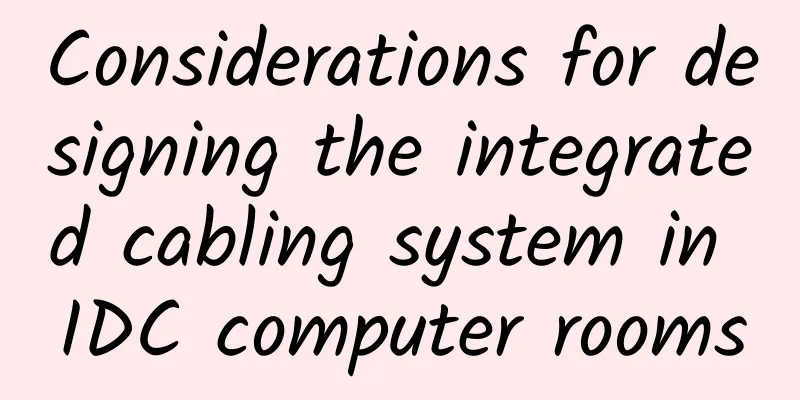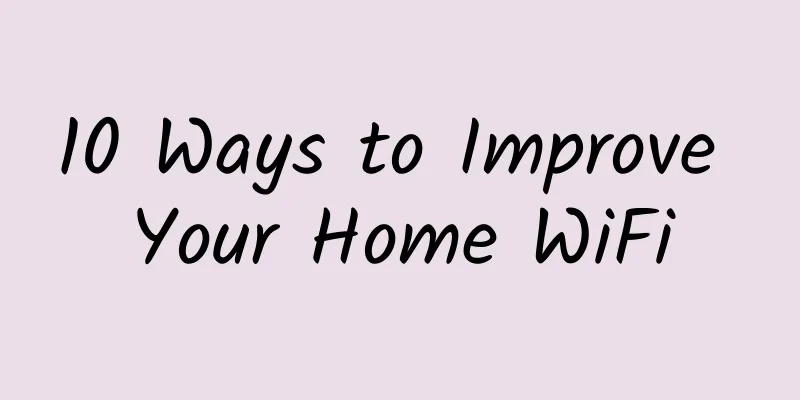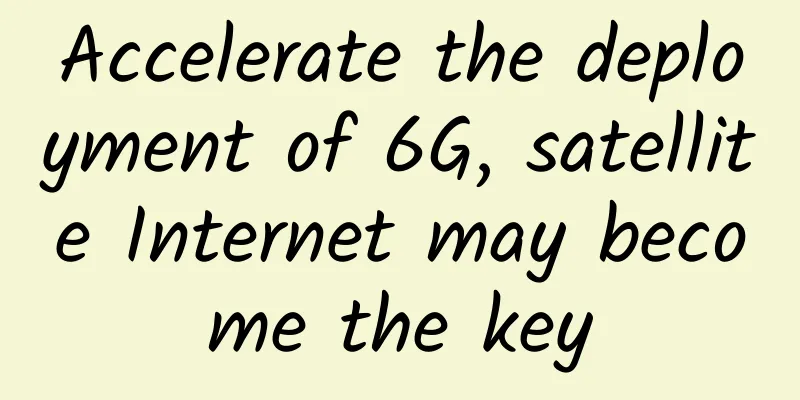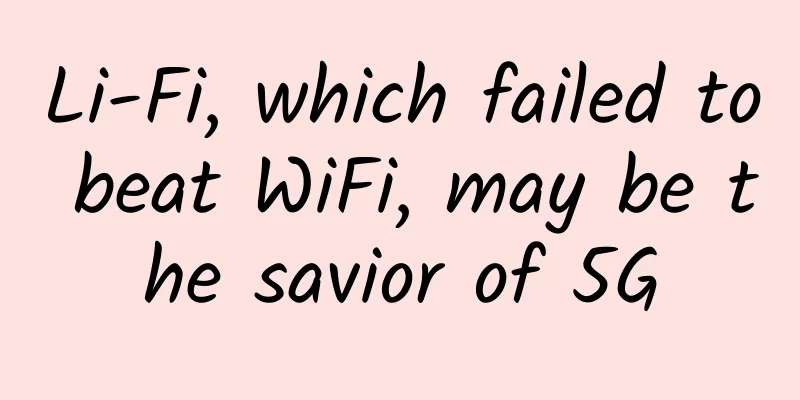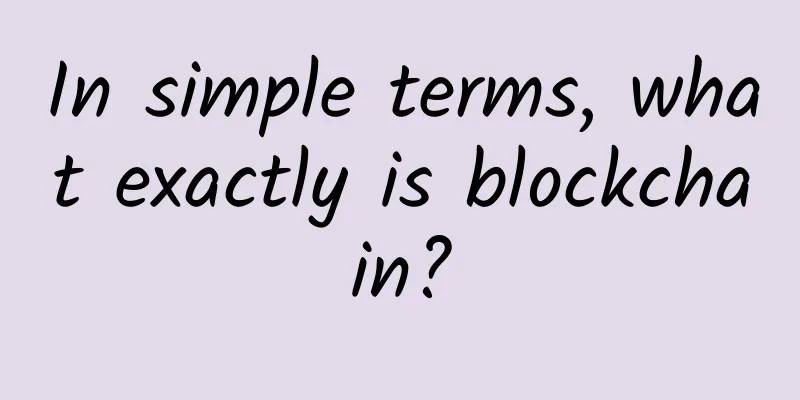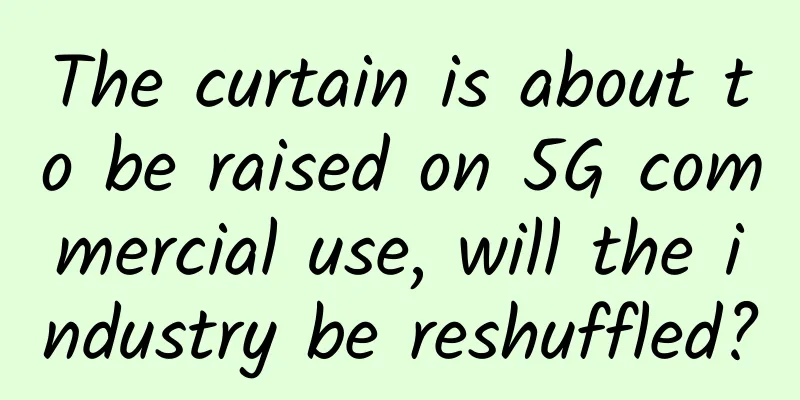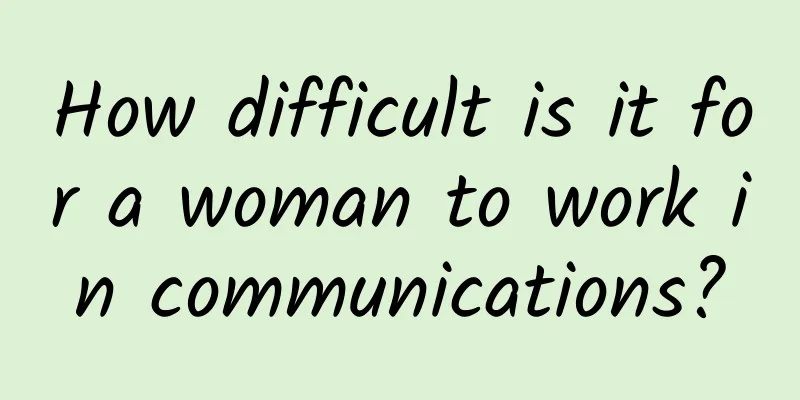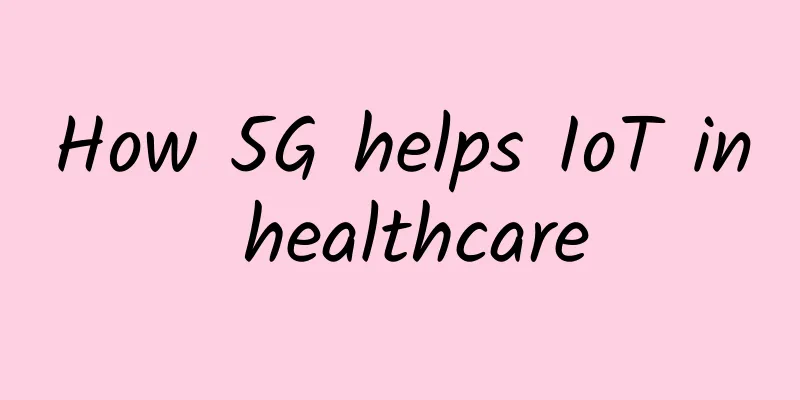Blockchain, IoT and 5G
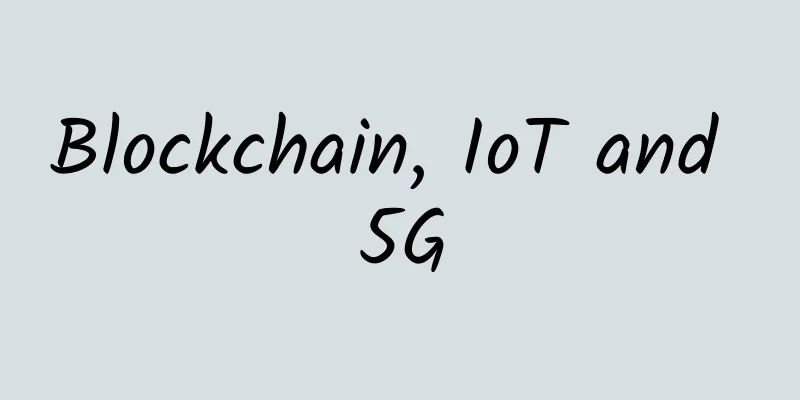
|
5G networks are starting to roll out across the UK and around the world. One of the biggest promises of 5G is the ability to connect millions of IoT devices. Blockchain networks have three services they can perform to drive adoption and add value. IoT stands for Internet of Things. In simpler terms, IoT is a network of things/devices connected to the internet. These devices include sensors for collecting data and other features that allow them to engage with the world around them. Some examples of IoT devices include temperature sensors with built-in 5G radios or automatic door locks in hotel rooms connected via WiFi.
With potentially millions of IoT devices coming online, the demand for network bandwidth will be enormous, so the importance of 5G networks is self-evident. But what does blockchain have to do with all this? Blockchain networks will play an important role in three main areas: value transfer, identity, and data collection. As early as 2012, there were IoT devices connected to the Bitcoin blockchain. Specifically, there was an Internet-connected vending machine that accepted Bitcoin as payment. The first purchase was a bag of popcorn. The system was simple. When the right amount of Bitcoin arrived in a designated wallet, the vending machine would start. Of course, there were some problems along the way. It can take up to an hour for the Bitcoin network to process a transaction. With some tweaks, it can be almost instantaneous. The problem is that it removes some of the security mechanisms that reduce fraud. For large transactions on the Bitcoin network (like buying a house), it's best to wait an hour to make sure the network accepts the transaction. Today’s IoT systems require immediacy and will likely rely on blockchain protocols that perform much faster than they do today. Today’s IoT systems require immediacy and therefore may rely on blockchain protocols and networks that offer significantly improved performance and fraud-proof guarantees. Likewise, today’s IoT systems will not rely on transferring cryptocurrency to devices. Instead, payments will be made using traditional fiat currencies in existing payment systems – and then blockchain-based notifications will be received. For these systems to work properly, including peer-to-peer communication, there must be a decentralized identity framework. Each device is registered and identified by the network. Blockchain can provide this identity framework. When implemented at an industry level, it allows any IoT device to be identified regardless of manufacturer, geographic location or purpose. The IoT identity network can verify that transactions are coming from authorized devices. Likewise, the system can ensure that access transactions are sent to the correct destination device. Blockchain for IoT Identity is an ambitious project… The IoT Identity Blockchain is an ambitious project, but it has enough advantages for all stakeholders to set aside the objections of competitors and proceed with the creation of the governance, protocols, and systems for such a network.
Last week, Vodafone and EnergyWeb announced a partnership that could provide identity proof for billions of energy-generating assets. The final issue is the ability to automate the entire network. Enter smart contracts. Smart contracts are programs that run on a network and coordinate automated communications between devices and the associated transfer of value. Smart contracts don’t just run in isolation; they require input from the outside world. Smart contracts need to be created, executed, check conditions in the outside world, and cause actions in the outside world. The connection between the outside world and smart contracts is called oracles and oracle services (not to be confused with oracle companies). Every IoT device or group of IoT devices can act as an oracle, and a smart contract can use an oracle service to determine the outside temperature or the arrival time of a cross-country train. An oracle service can open the door to a suitably rented Airbnb apartment or deliver a bag of popcorn from a vending machine. All of these transactions, whether automated or not, can be recorded in the blockchain. By registering every transaction, transfer, and conversion, there is a permanent, immutable record that can be independently verified and audited. With the proper access rights, there will be a wealth of data Blockchain-based data records can be used not only for analysis but also for training machine learning and artificial intelligence models. Of course, these are not without challenges. Blockchains are not designed to store large amounts of data, either in terms of the number of transactions or the data associated with individual transactions. Likewise, data stored on a blockchain must be shielded in some way to avoid inadvertent disclosure of personal, sensitive, or competitively sensitive data. This problem can be solved by maintaining a centralized database with appropriate access controls to shield or hide data. Blockchain, IoT and 5G will provide the infrastructure for a wide range of new business models and process automation opportunities. It will require thousands of companies to agree to work together and the development of blockchain and other distributed ledger technologies. At the same time, it will also require a strong focus on privacy management and access to data that is useful to everyone. |
<<: Do you know which city has the fastest Wi-Fi speed in the world?
>>: Aruba Launches ArubaESP, the Industry’s First Cloud-Native Platform for the Intelligent Edge
Recommend
Krypt October Offer: 15% off iONcloud, San Jose/Los Angeles available, Linux/Windows supported
Krypt is a foreign hosting company founded in 199...
The rise of the NetOps engineer
NetOps, also known as NetDevOps, is the practice ...
With spectrum deployment and commercialization accelerating, how far is it from 5G clearance?
On June 15, 2017, the global 5G entered a critica...
You clearly have a 4G phone, but the operator still wants you to sign up for a 5G package?
According to data from the China Academy of Infor...
F5 creates “applications that are aware, controllable, and adaptable” to help enterprises achieve extraordinary digital experiences
On December 16, 2020, F5 held an online press con...
10gbiz: Hong Kong/Los Angeles VPS 40% off in August, starting at $2.36 per month, 258IP cluster server half price for the first month
10gbiz is a hosting company founded in 2020, prov...
5G toB: The next battle between operators and OTT?
In the 5G era, will the battle between operators ...
Huawei hosted the "Network-based Intelligent Manufacturing for the Future" Advanced Industrial Network Forum
On September 16, during the China Industrial Inte...
66 Cloud's 4th anniversary, 20% off monthly VPS and 40% off annual VPS, Hong Kong CMI/US CN2 GIA/AS9929/Japan Softbank, etc.
666clouds recently launched an event for New Year...
The 2020 Third Dual-State IT Beijing User Conference concluded successfully!
On January 11, 2020, the 2020 Third Dual-State IT...
Say hello politely - TCP protocol three-way handshake
The Art of Communication What is the most basic a...
[11.11] UUUVPS US VPS annual payment starts from 91 yuan, Hong Kong CN2 annual payment starts from 182 yuan
UUUVPS (Sanyou Cloud) launched the promotion duri...
HTTP, TCP, IP, and Ethernet in one article
This article is reprinted from the WeChat public ...
Three things to consider before building a data center
90% of the world’s data was created in the past t...
TMThosting: Seattle high-security VPS monthly payment starts at $3.16, 20% off, supports Alipay
TMThosting is a foreign hosting company establish...
